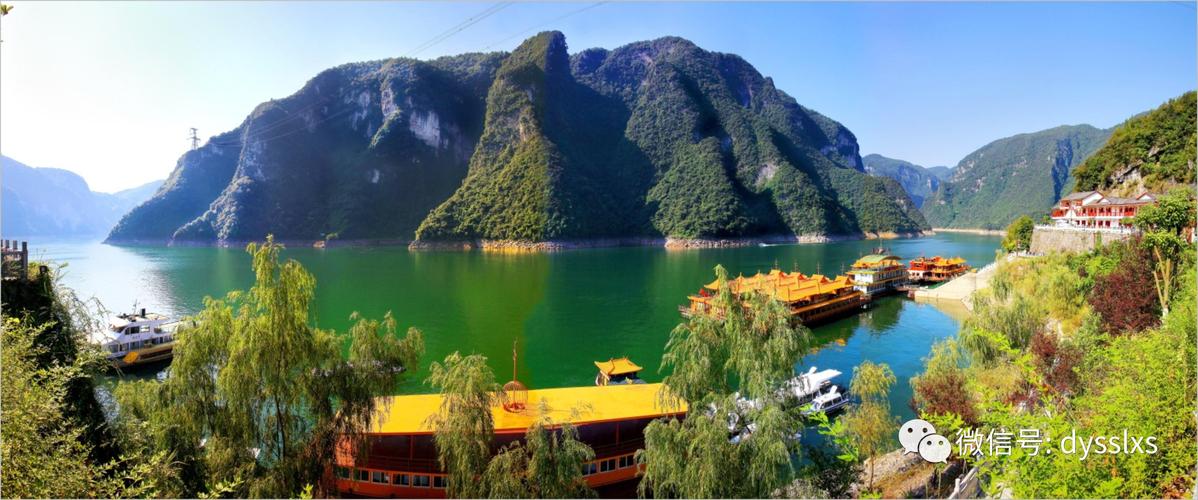Exploring the Richness of Cultural Heritage: A Journey Through Time
Cultural heritage refers to the legacy of physical artifacts and intangible attributes of a group or society passed down from past generations. It is a source of pride and identity for individuals and communities, enriching our knowledge of the world’s diversity. Cultural heritage plays an essential role in shaping our perceptions, values, and attitudes, and exploring it can offer rich insights into human history and civilization.
The Journey Through Time
One of the most exciting aspects of cultural heritage is its varied and extensive nature, allowing us to take a journey through time and across geographical boundaries. The Great Pyramids of Giza in Egypt, Stonehenge in England, the Colosseum in Italy, and the Great Wall of China are just a few examples of monumental sites that still exist today and are a testament to the engineering genius and architectural prowess of our ancestors.
Moreover, language, literature, music, dance, culinary arts, and religious practices are all facets of a society’s cultural heritage that have remained resilient despite centuries of change. In India, for example, classical dance forms like Bharatanatyam, Kathakali, and Manipuri, are an integral part of the country’s rich cultural heritage, showcasing its artistic diversity and complexity. Similarly, traditional cuisines like sushi from Japan, tacos from Mexico, and pasta from Italy, offer insight into a society’s culinary traditions and cultural influences.
Why Explore Cultural Heritage?
Understanding cultural heritage is crucial for the following reasons:
1. Preserving the Past for the Future – Cultural heritage is a reflection of human accomplishment, progress, and creativity, and offers a connection to our ancestors. Preserving cultural heritage sites and intangible cultural practices is integral to maintaining the continuity of history and safeguarding it for future generations.
2. Promoting Cultural Diversity and Tolerance – Understanding cultural heritage promotes mutual respect, understanding, and appreciation among people from diverse backgrounds. It allows us to appreciate and celebrate our differences while exploring our similarities.
3. Boosting Tourism and Economic Development – Cultural tourism is a significant contributor to the global tourism industry, generating revenue and creating jobs. Cultural heritage tourism can support the economy of the local region and promote sustainable development.
Conclusion
Exploring cultural heritage offers us an opportunity to connect with our past, appreciate diversity, and take a journey through time. It offers a source of inspiration and creativity, and helps us understand our place in the world. As we explore cultural heritage, let us value its importance and do our part in preserving it for future generations.
(Note: Do you have knowledge or insights to share? Unlock new opportunities and expand your reach by joining our authors team. Click Registration to join us and share your expertise with our readers.)
Speech tips:
Please note that any statements involving politics will not be approved.
